According to former FBI agent Brad Garrett, most school shootings occur within five minutes.
For the average person, it takes more time to fall asleep every night than it does to witness mass homicide like the one that took the life of 17 people in the Stoneman Douglas High School shooting in Parkland, Florida on February 14.
Growing up, school shootings were such traumatizing rarities that the media would focus solely on these events, and there were periods of national mourning. The older I got, the less I noticed people mourning. People began to respond with indifference, as though to say, “Another one? Why am I not surprised?”.
After the Parkland shooting, Grandview’s Principal, Dr. Lisa Sprague, went on the school intercom system, encouraging students to keep their eyes and ears open and report any suspicious behavior to administration or a trusted adult at Grandview.
Sprague then opened up the last ten minutes of class for students and teachers to discuss anything on their minds. To me, the reactions of people were almost as terrifying as the shootings itself.
Some people made jokes, others complained that Sprague’s announcement was a distraction from curriculum. Few teachers used this time to explain what they would do if they were ever in danger of such a tragedy, while others remained silent for the last ten minutes of second period.
On Wednesday, February 21, I was on time to school for once. It was easy to find a spot to park. That should have given me the inkling that something was wrong. Not until I walked into school did my phone buzz, as several of my friends informed me they were staying home, in lieu of a school shooting threat.
The threat, which targeted minorities, specified the time of the attack would be at 11 am.
I immediately texted everyone I cared about, assuring them I was sure nothing would happen, but I wanted them to know I loved them, just in case.
Class sizes dropped to less than half, and what was left of the attending student body spent the day looking over their shoulders. Which was justifiably the right thing to do, but as per usual there was very little communication between Grandview administration and student body.
The rest of the day was spent suspiciously eyeing every student I passed, holding my breath with every bump or bang I heard from the hallway.
Nobody was hurt, and further investigation traces the source of the threat back to California, likely in reference to the several schools also named Grandview in the southern half of the state.
A lot has changed in our society since the Parkland shooting. Teens are becoming verified on social media as public figures for speaking out against gun violence, and for once there are conversations starting about the long ignored issue of gun control in schools. Even press organizations such as the Denver Press Club hosted a panel of students to start a discussion over the feelings of school shootings and how they can be handled. Grandview Chronicle journalists Michelle Rabinovich and Jace DiCola attended, and spoke on behalf of the Grandview community and the security practices in place here.
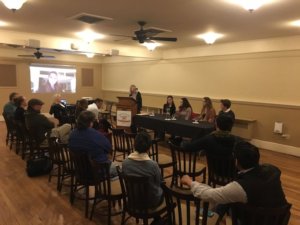
March 14, 2018 was a revolutionary date. All across the nation, students marched from their classrooms to protest how unsafe they felt in school. The idea was to have 17 collective minutes of silence to commemorate the 17 victims that passed away as a result of former student Nikolas Cruz’s act of violence.
Across America, there are strong opinions over whether or not these walkouts are truly the right way to go about preventing school shootings.
The most common solution is to reduce school shootings by taking away the weapons used, guns. Gun control supporters tend to lie in the democratic party, whereas the majority of republicans prefer that little to no gun laws should be put in place, as it violates their right to bear arms.
Both parties have fair points, in which gun laws may stop the wrong people from getting their hands on guns; However, it is also true that a large amount of shooters with deadly intentions can and will purchase guns through legal or illegal means.
ABC News reports that over 12,000 variants of guns had been stolen from American gun shops between 2013 and 2015, demonstrating that it is certainly not unheard of for anyone with the intention to obtain a firearm through illegal means.
Despite the major pros (and cons) to both sides, this heated arguments over gun control-in which neither party will budge is not getting us any closer to stopping school shootings in America.
So what will?
For one thing, it is time to stop putting your political views above the lives of our nation’s children.
Sure, it is human nature to think the only correct point of view is your own. Unfortunately that is rarely, if ever, the case. As a country, we have become so polarized that any spoken opinion receives immediate backlash. After the highly controversial 2016 presidential election, these things have come even further into the foreground. You’re either a blind liberal or a gun toting racist, with very little in between.
The change we need to see is a shift from the Democrat vs Republican narrative towards achieving a common goal: protecting the lives of our nation’s children. The changes need to happen at a local level, by state or even by district.
For example, in some districts students are required to carry clear plastic backpacks to school. However, many argue this is an unnecessary invasion of privacy. Either way, there needs to be more discussion around prevention rather than damage control. Should students have ID badges to enter the school? This would eliminate the high risk behavior students and teachers exhibit every day when they open the doors for students waiting outside.
Another way to progress with this sensitive debate is to start making changes at a local legislation level. For example, while Colorado is already ahead of many states in that they require background checks before selling firearms, states like California take it a step further, prohibiting concealed carry in any public area.
It’s easy to just point fingers at specific public figures when it comes to such disasters as the Stoneman Douglas shooting. Human nature is to find a place to lay blame when tragedy hits. But the truth is that unless everyone is willing to compromise and meet in the middle nothing will change.
Perhaps one of the biggest obstacles towards progress is our inadequate mental health care treatment in the United States.
When it comes to problems as hard to talk about as gun control, it comes easily to find blame in just about anything other than ourselves; However, our country’s mentality has enabled this epidemic of mass shootings to thrive at the cost of innocent lives of all kind. While it is possible that limitations on weapons and increased background checks can help, every perpetrator will start with a clean slate, and if limited, will often go to any means in order to hurt or kill as many as possible.
Our procrastinatory and blame-filled solutions have become a force of habit, proving useless against the intolerable amounts of school shootings. Shooting after shooting, students always tell reporters and family how they should have seen it coming, how the shooter made these sorts of threats before, how they wish they had just told a counselor.
This endless cycle of regret can be stopped by us, the students of the United States. If you see someone alienated, hurt and especially making threats towards others and the school, tell someone. For clarification, someone meaning a teacher, dean or counselor– not your best friend.
Telling your friend, or even keeping it to yourself only makes it more likely for another shooting to occur. Our best possibility at stopping these massacres lies in our ability to educate and embrace any chance in preventing another shooting, even if it means giving up 20 minutes off your off period to talk to your counselor instead of giving up the rest of your peers lives in another school shooting.
Reporting problems like these to counselors cannot always be easy, and may not have an effect if just one or two people were to say something. If all the students that heard these things were to file a report to the counselors at the least, it would become enough of a problem so that counselors could take action to handle and improve a potential threat into a contributor to our school’s community.
Stigmas around mental illnesses in our society contribute to this issue just as much as our willingness to take action before a school shooting affects us. Many mass shooters from America’s extensive past had struggled with a mental disorder of some sort, many attempting to or planning on taking their own lives before.
Depression, schizophrenia and simple social disorders have become such stigmatized topics in the USA, that few people feel comfortable confiding these issues in others, leading to the bottling up of these dangerous feelings, or misinterpretations of why someone may act the way they do. These misinterpretations lead peers to believe that the person suffering is simply weird or creepy, not that they need extra help conversing; Consequently, those with emotional disorders are alienated by their peers, leading to an unhealthy downward spiral of lust for revenge.
As these feelings build up, those with mild to severe emotional disorders could become closer to hurting themselves or others, a fate we can all agree against. Definitions of mental illnesses are covered in classes such as Health and Psychology, however, the consequences of of ignoring them, ways to help others and yourself must be incorporated into the curriculum, if not in a separate class that students should take.
The acceptance of, and increased education in ways to communicate with those incapable to understanding and following social norms is a simple idea on paper, but if pulled off could certainly reduce the risks of not only school shootings, but student suicides and general suffering. Mental disorders, and the consequences that may come alongside it are without a doubt cumbersome to wrap our heads around and handle, but with education and the necessary determination, shootings in the United States will diminish into a problem of the past.
Regardless of the political points of view or our personal takes on our current presidential administration, it is perimount that we set aside our personal differences for the greater good: a compromise that saves lives. Maybe this means limiting the type of firearms someone can purchase rather than removing them completely. Maybe this means sacrificing our privacy in favor of security advances like clear backpacks and metal detectors.
But the narrative needs to change. If we remain stubborn in the idea that only our answer is the right one and live our lives in extremes, there will be no change other than the rising number of students who die for doing their job: getting an education.


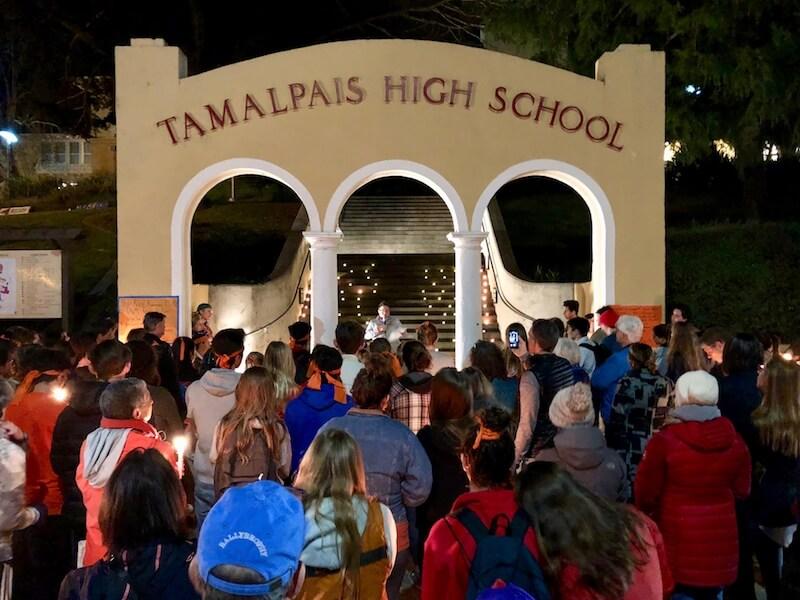
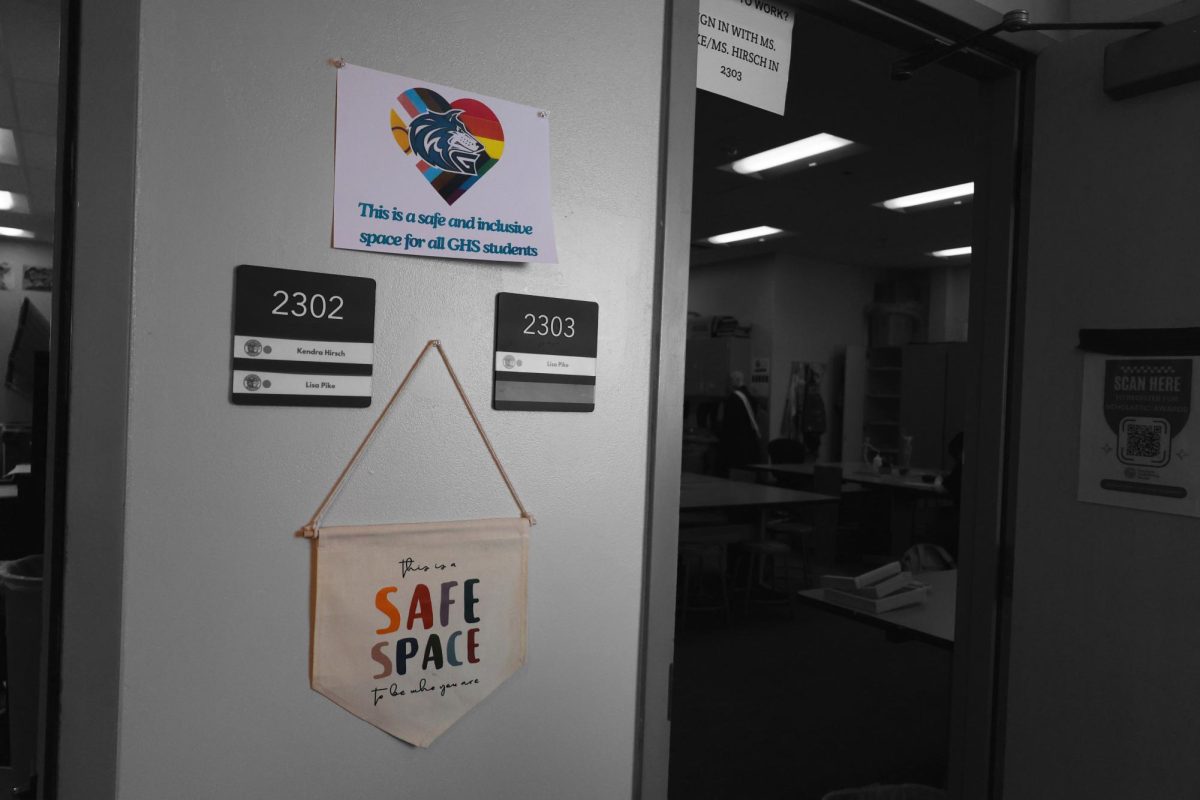
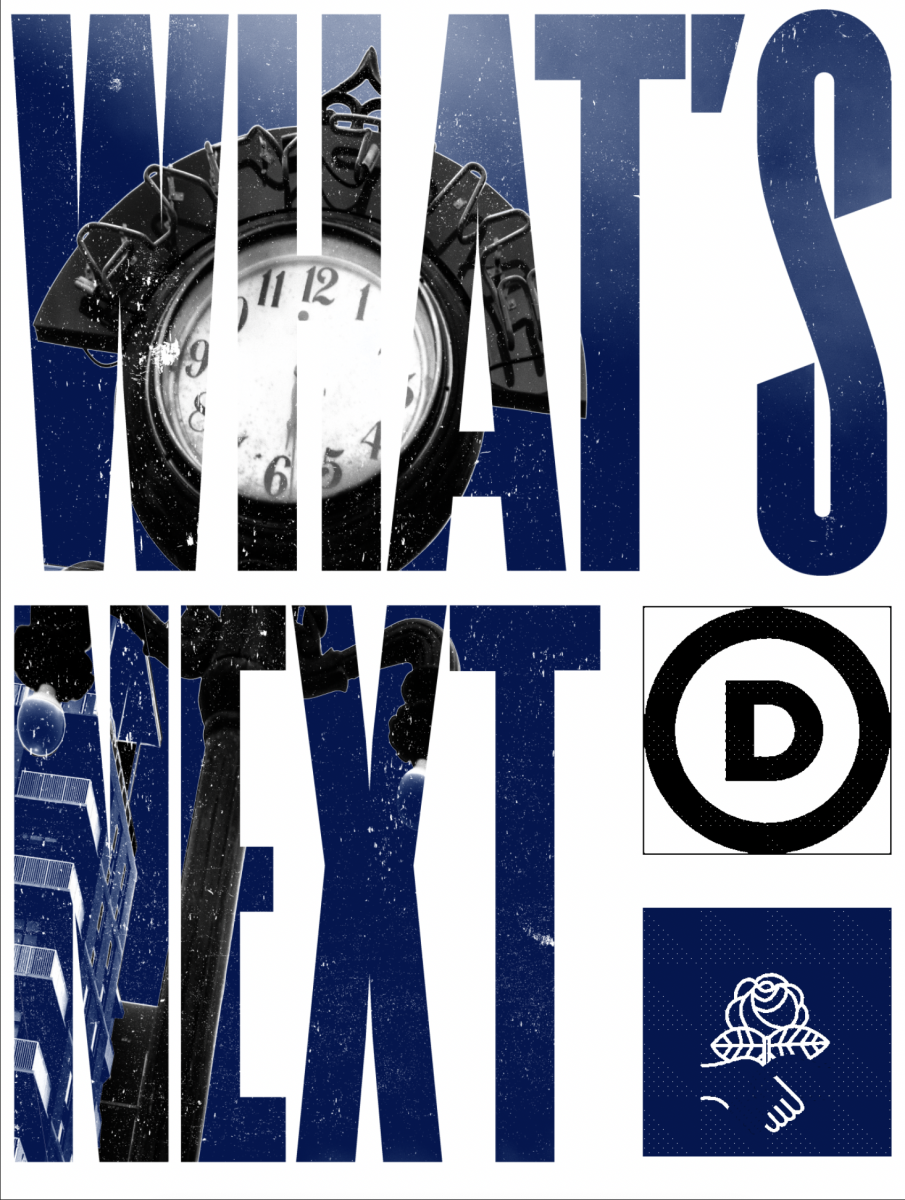
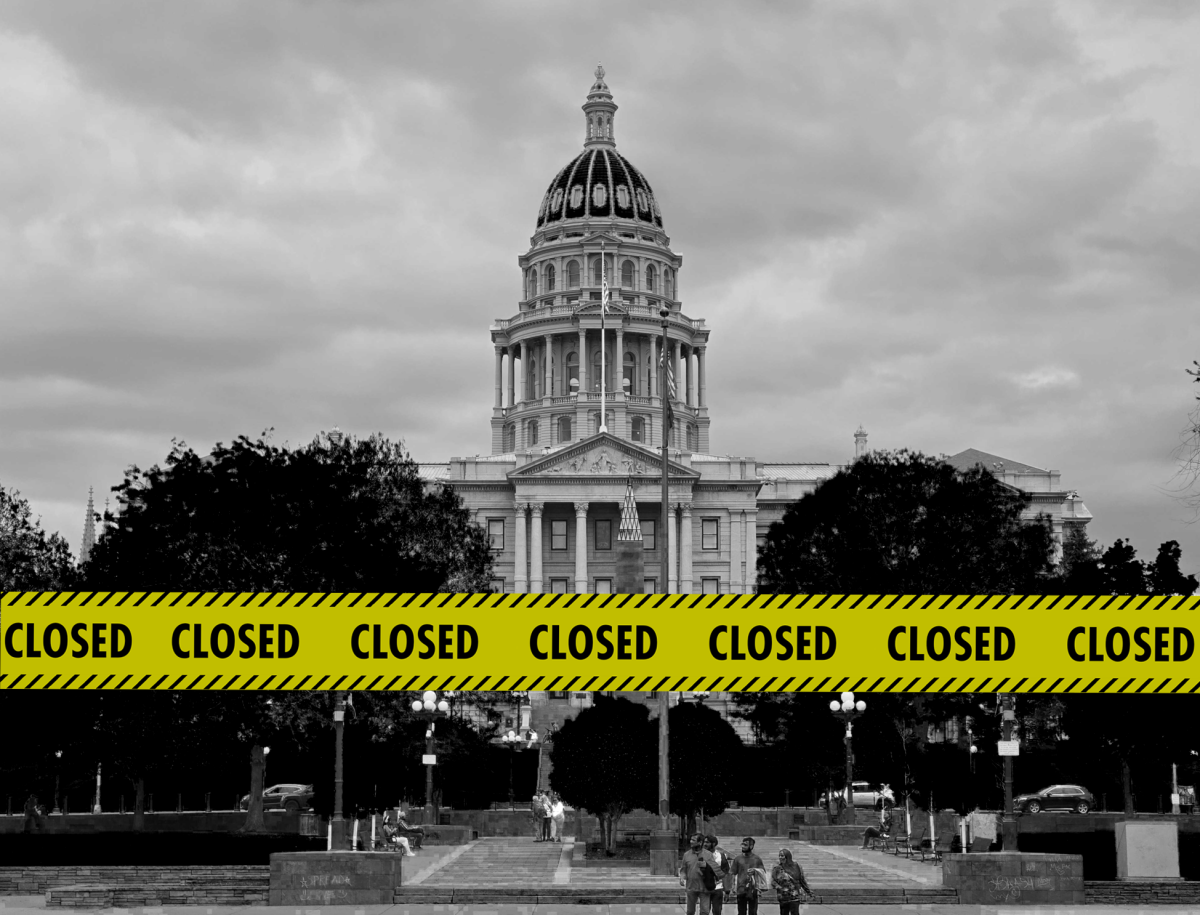
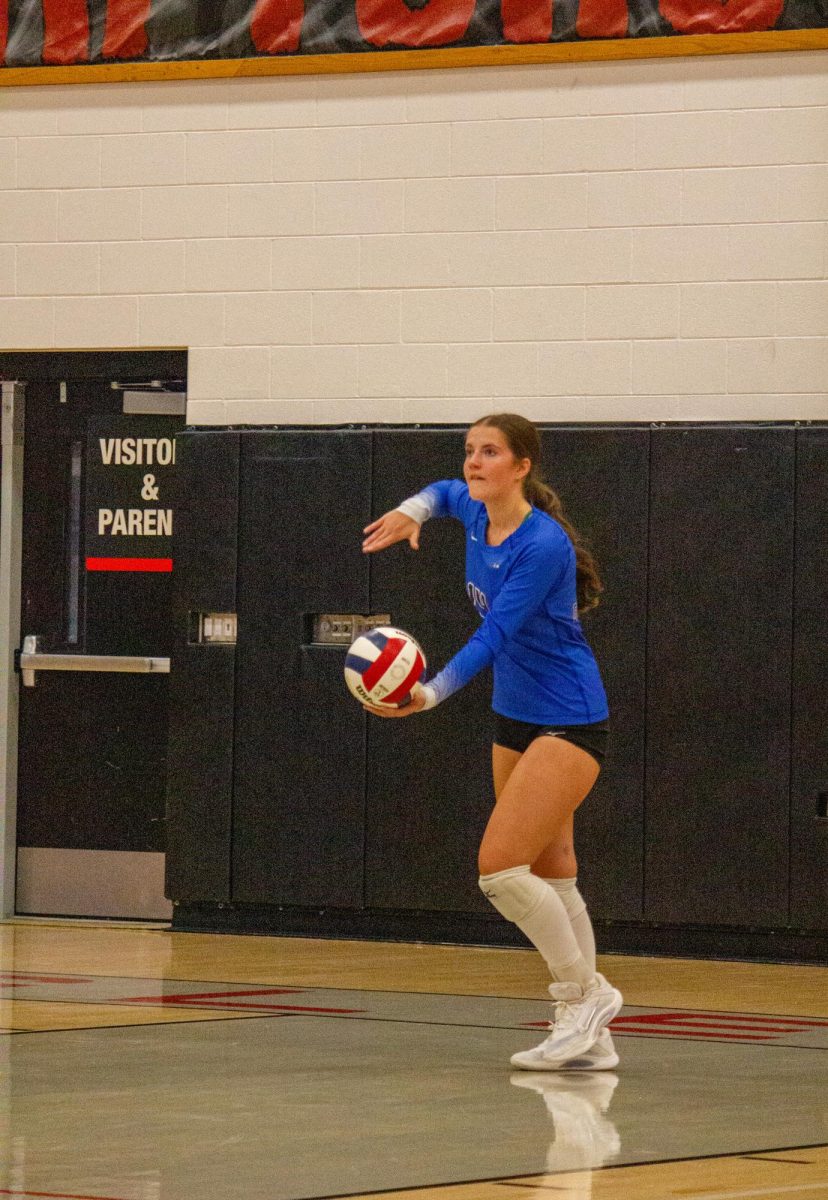
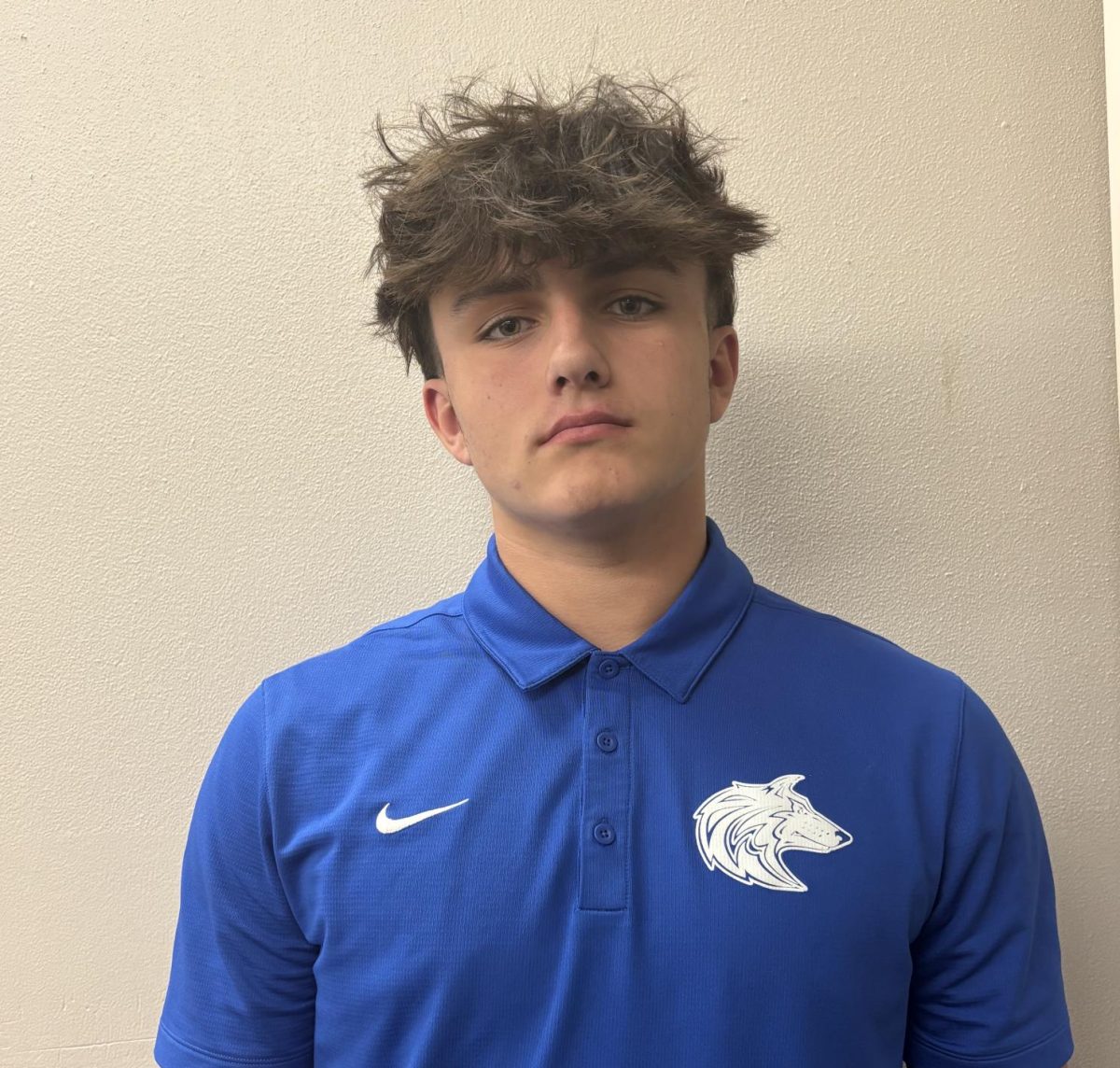
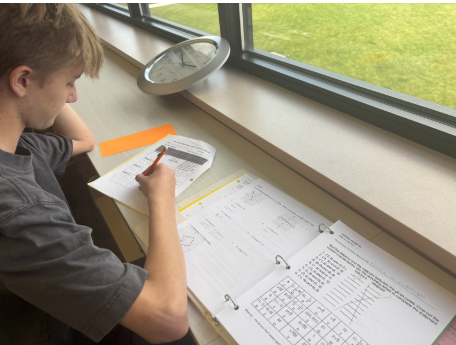
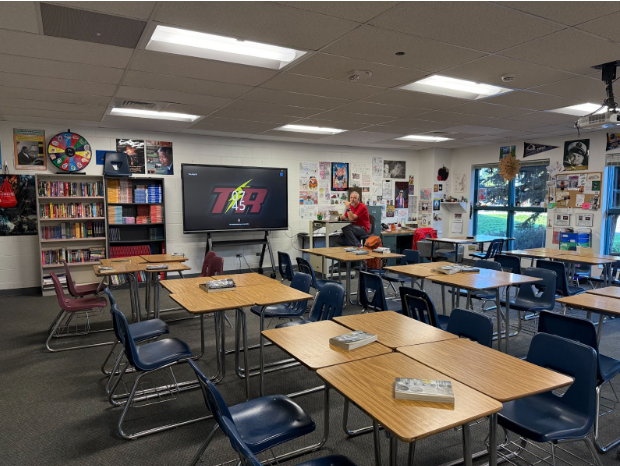
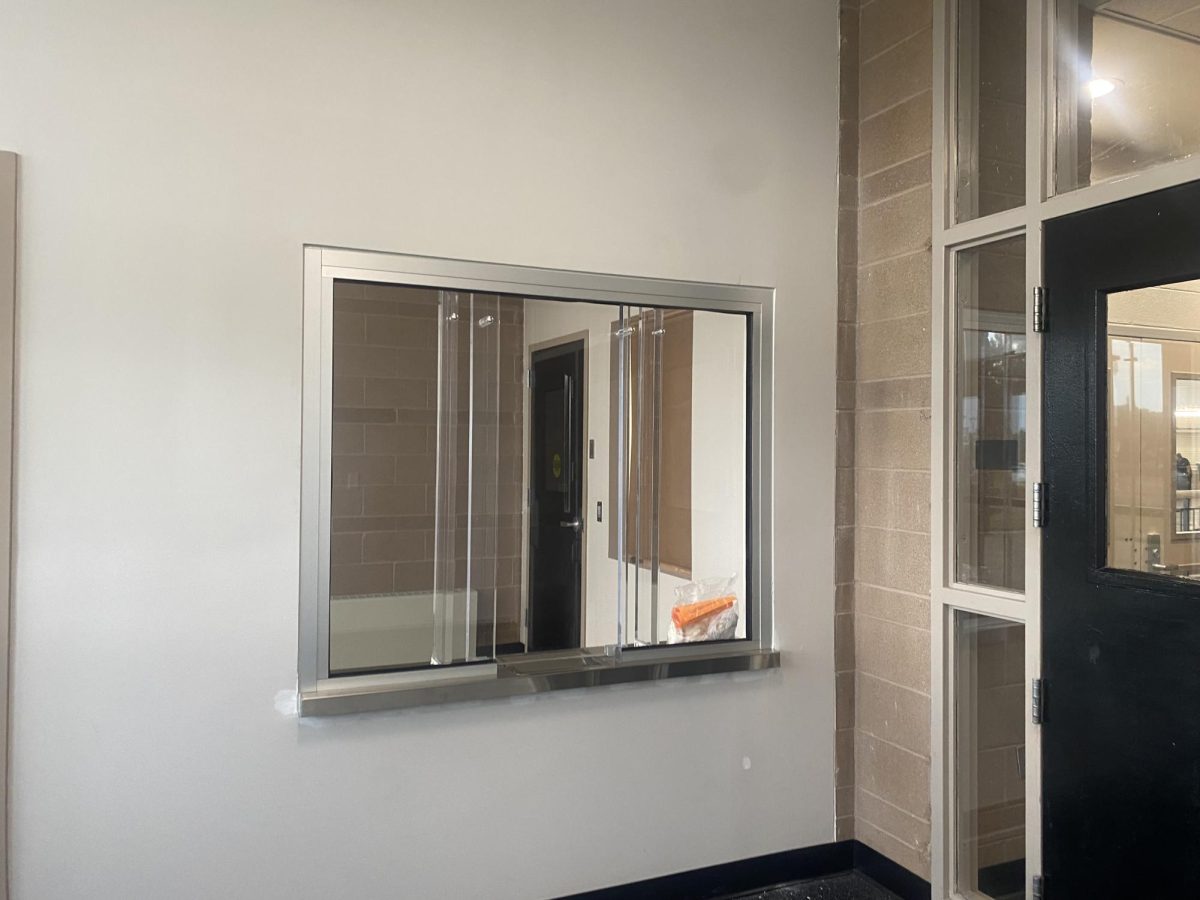
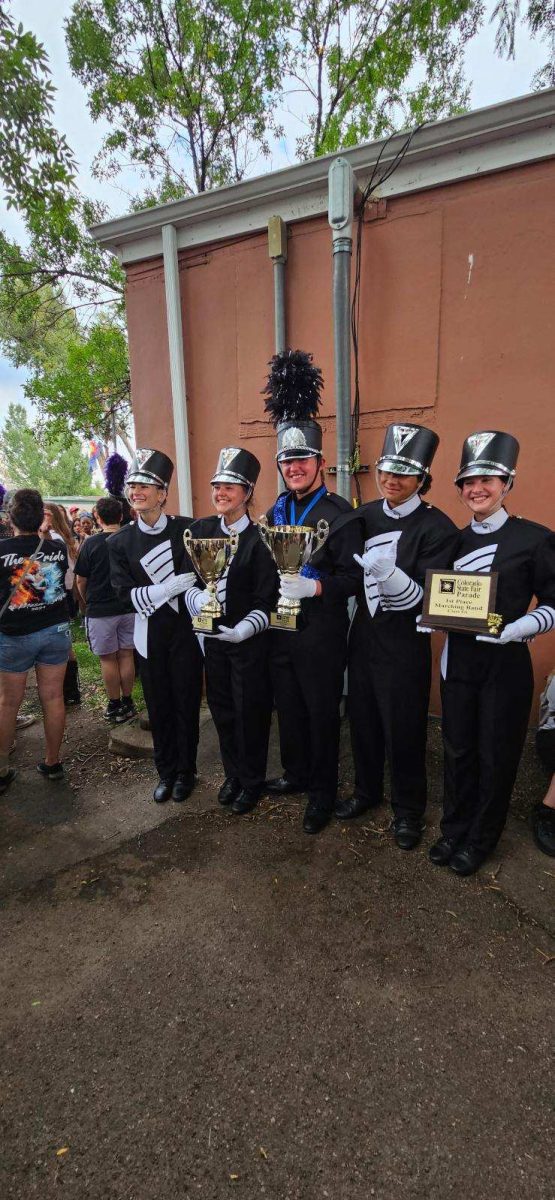
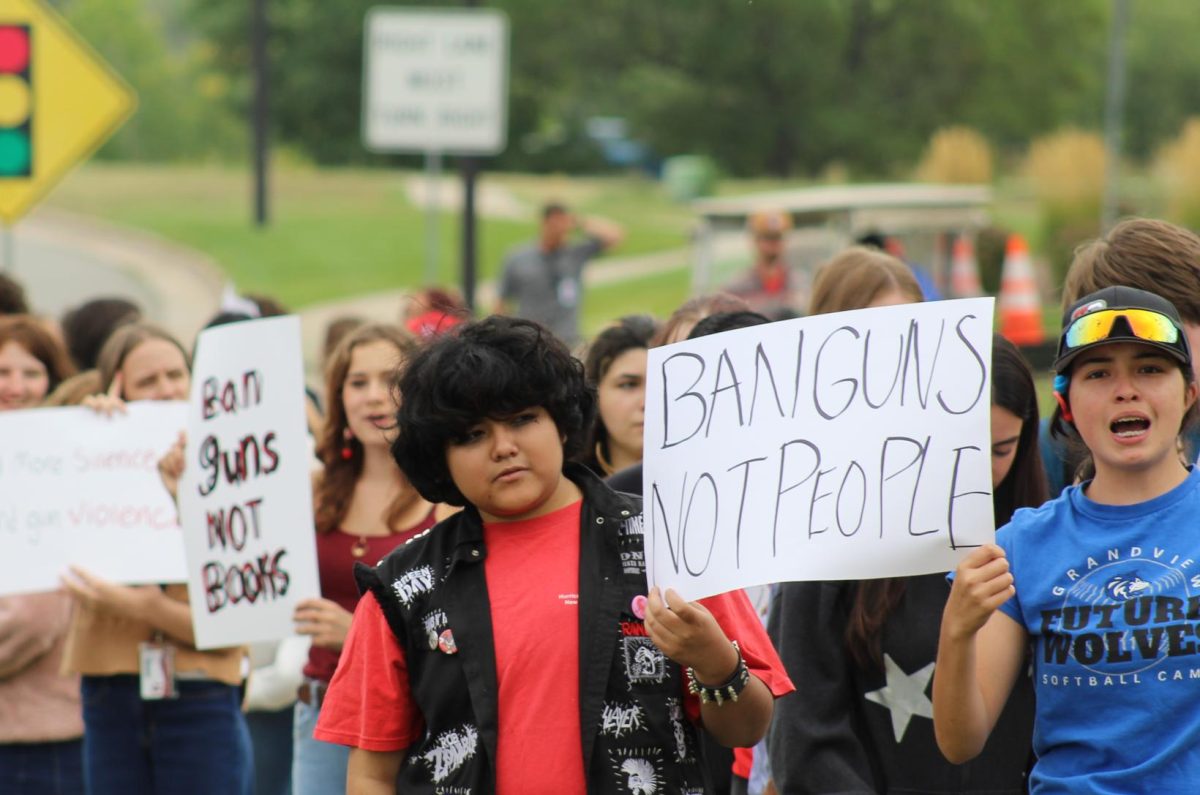
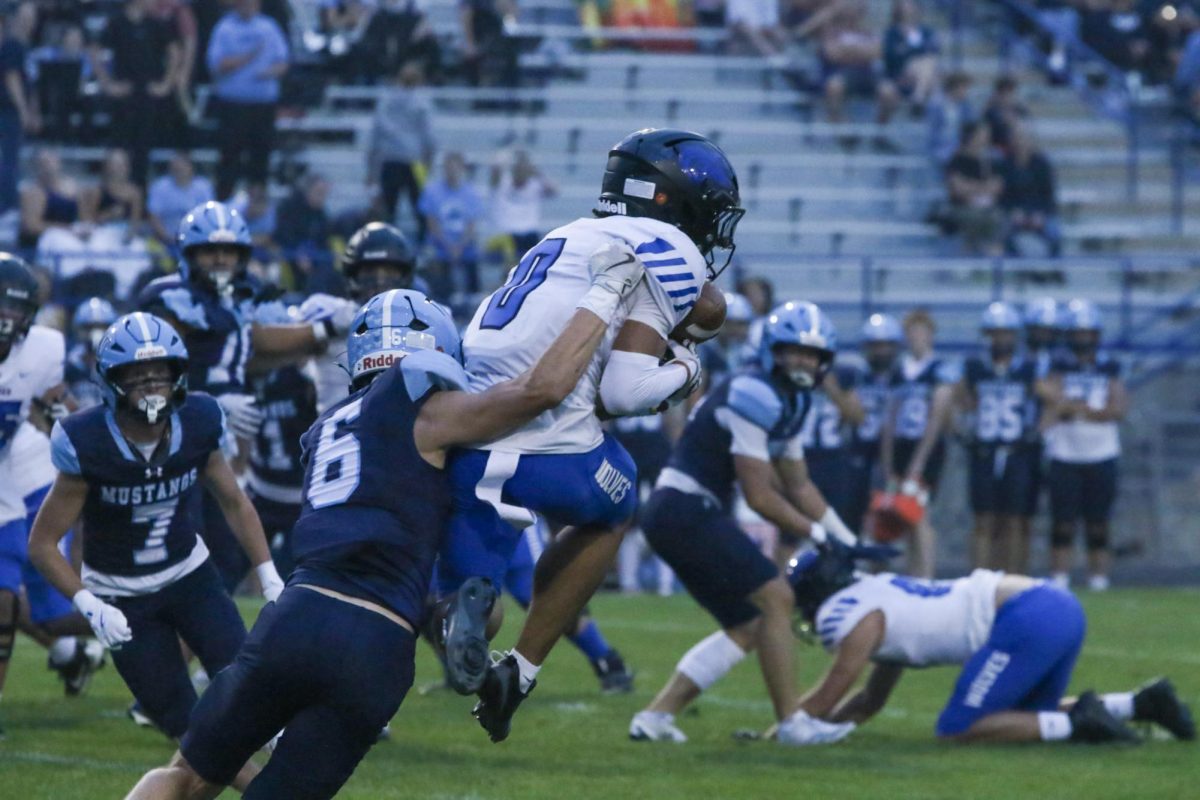
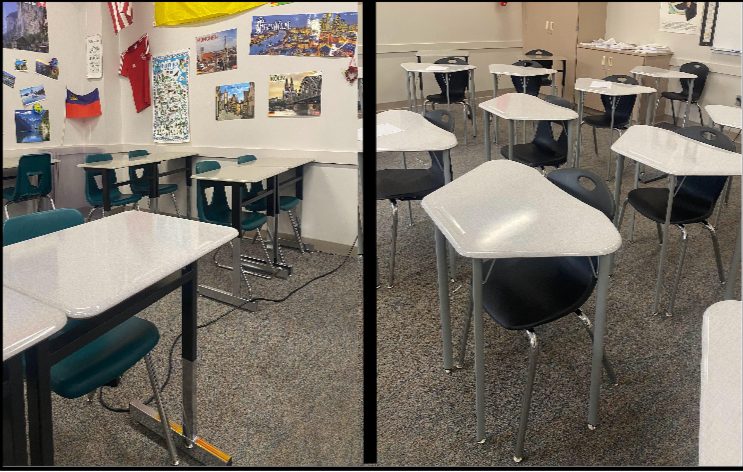
![A Vest Won’t Protect You [OPINION]](https://ghschronicle.com/wp-content/uploads/2025/09/KoltonZuckerVestPosterOffWhite.png)
![Executive Order: Ending Radical Indoctrination in K-12 Schooling [OPINION]](https://ghschronicle.com/wp-content/uploads/2025/04/Screenshot-2025-04-23-at-2.51.41 PM-1200x674.png)
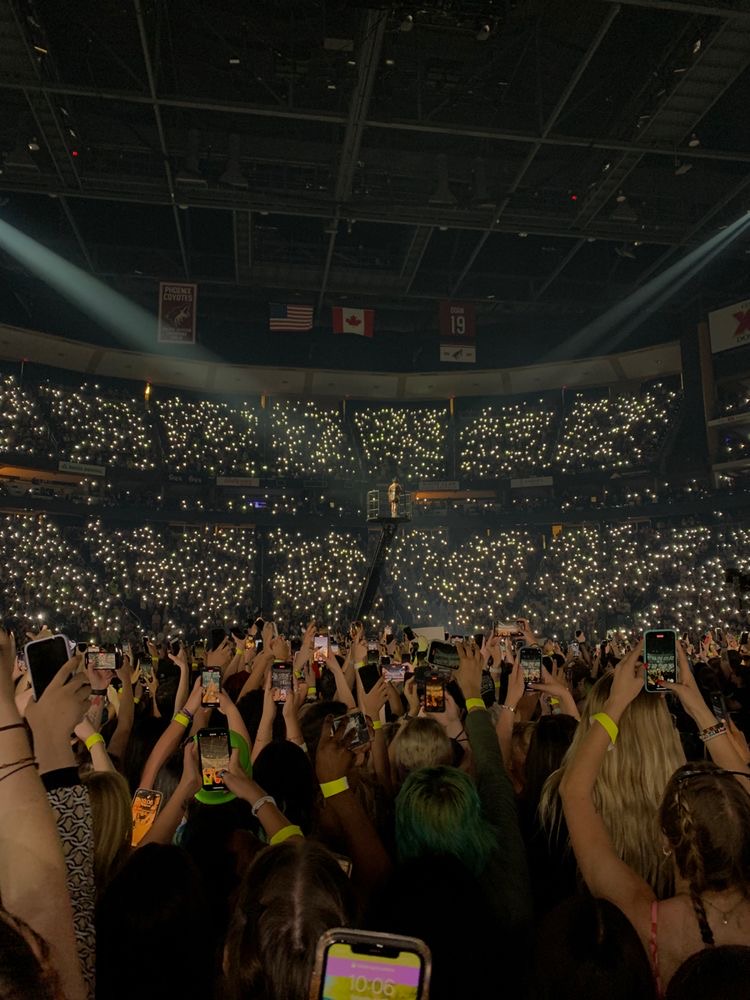
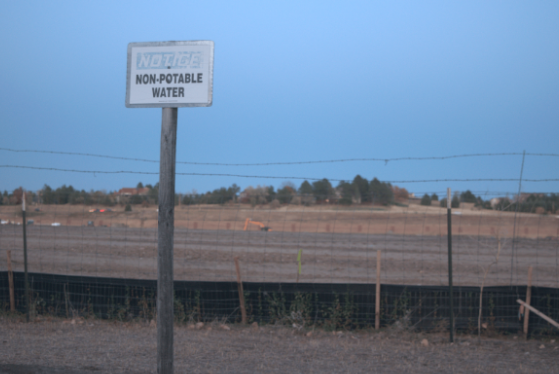



Scott Hunsaker • Dec 10, 2018 at 11:23 am
I think focusing on mental health is the correct approach taking away the weapons used through legal means (gun control) won’t fix the problem as you admit in the article when you state they’ll obtain these tools either legally or illegally, gun control is irrelevant while a black market exists and the black market never goes away. Identifying and providing help to those who are willing to commit violence is the only violent approach. Not to mention, even with guns missing from the equation entirely you’d have to confiscate every car and knife from every citizen in the U.S. because those have been shown to be effective weapons of mass violence as well.
Lain Iwakura • May 10, 2018 at 1:44 pm
There’s a weird trend I’ve noticed among people who are new to politics where they think the idea of a political “right” and “left” is harmful and bad and something that people should just try to forget about, but the thing they don’t usually realize at first is that people’s beliefs about a given subject often have little to do with just going along with whatever party they align with and more do do with the fact that the ways of thought these two groups have tends to lead to them reaching most of the same conclusions as each other. While it does cause conflict with no benifit I don’t really think “setting aside our political differences” is really all that feasable because humans are inherenlty tribalistic creatures who want to have a group that is better than another group, and the fact that the right and left are characterized by different thought processes that tend towards certian types of conclusions only enhances that.
But that aside, yeah, I agree that both sides of the gun control thing are right to some extent, and the fact that they refuse to allow each other to really enact their theories to that great of an extent makes it so nothing ever gets done. We should go all the way in or direction or the other and see if that idea works, and if not, just try the logical extreme of the other side’s beleif instead. Unfortunatley, though, in practice what we end up doing is having new lawmakers undo the progress the others made towards their ideals in years past before trying to enact their own policy, which is then dismanteled before it’s underlying ideology goes into full effect by the other side a few years later and so on, preventing any actual proress from being made. Unfortunately, though, the nature of different schools of thought causes this to be pretty much unavoidable; There really isn’t a good solution.
I fully agree with you about everyone needing to take mental health more seriously, though. Ideally, I think everyone would be legally required to have mental health cheekups on a regular basis, such as to A) get people help as soon as possible regardless of the severity of the disorder, and B) prevent the mentally unstable from doing irresponsible things that they can’t handel at the moment due to their mental state, such as have children, buy alchahool, obtain guns, and so on. Basically we just need the Sybil System from Psycho-Pass.
Decent article in general, far better than most of this site.
Mike Z. • May 7, 2018 at 12:47 pm
Very interesting article I do think that we need to come together as a community but understanding proper vocabulary on the subject is necessary. A weapon is anything used to harm others and this article is about firearms that are not necessarily used to hurt others. Perhaps we could also do some debate stuff on this topic in school.